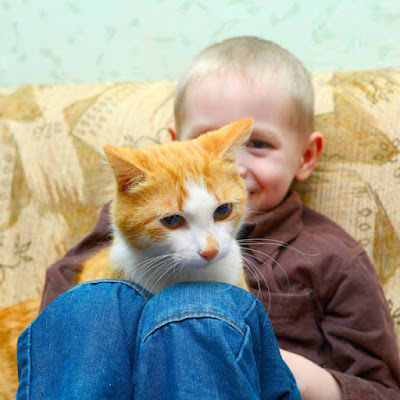Different Dog Breeds, Different Sensitive Period?

A study of three breeds finds differences in the sensitive period, and shows socialization should begin before you even take your puppy home. Photo: JL Snader/Shutterstock.com By Zazie Todd, PhD This page contains affiliate links which means I may earn a commission on qualifying purchases at no cost to you. Puppies have a sensitive period between 3 and 12-14 weeks old in which they must be socialized. This means positive introductions to new people, dogs , places, etc. If not, they will be fearful as adult dogs. A fascinating new study by Mary Morrow (Ohio State University) et al investigates whether this period is the same for three breeds of dog: Cavalier King Charles Spaniels, Yorkshire Terriers, and German Shepherd Dogs. These breeds make a particularly interesting comparison. The Cavalier King Charles Spaniel and Yorkshire Terrier are both members of the Toy group, although Yorkshire Terriers are still “terriers by nature” according to the breed standard. Th...




